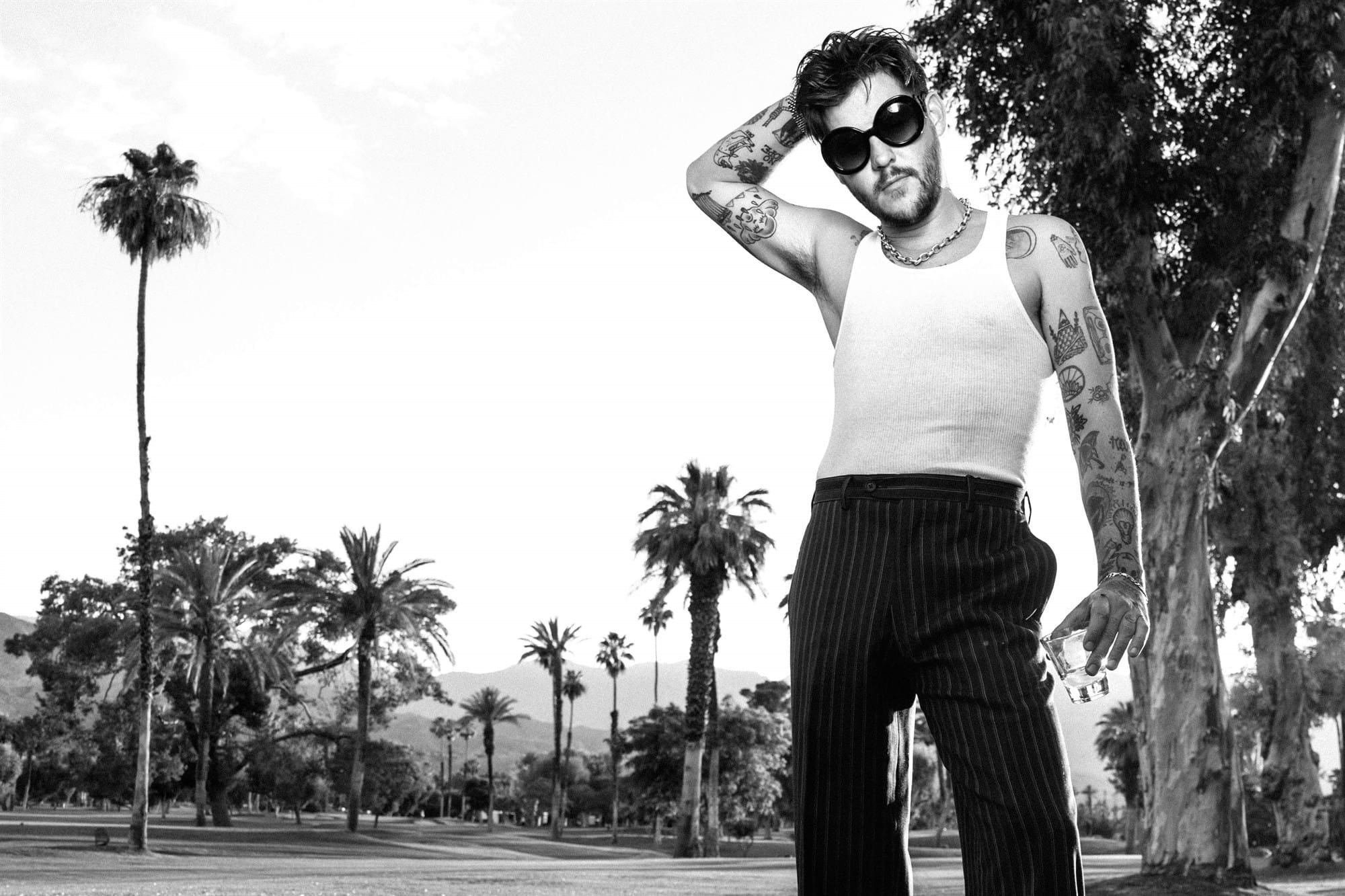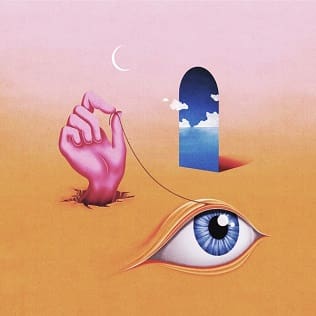
This interview was a real treat for me; I remember back in college discovering the seminal Wavves album King of the Beach and wanting to just live inside that sound. A few weeks ago, before hitting the road (the pandemic delayed what was supposed to be the 10-year anniversary tour for the record), Wavves mastermind Nathan Williams took some time to chat with me about what he’s learned over the last decade-plus, the music business itself, and how failure can be a positive tool.
[author’s note – the tour discussed in this article is currently underway]
Andrew Howie: So bring me up to speed on what’s going on in the world of Wavves.
Nathan Williams: We are basically just getting ready for tour. I’ve been demoing as I normally do for a new record, but nothing in the near future. Then we get ready to go out on tour in North America, and we’re home for a couple weeks, and then we go straight to Australia.
AH: Your newest record, Hideaway, was released last year [2021]. Was it recorded pre-pandemic or during the height of things?
NW: All the songs were written before COVID; it affected the release process, but we had already recorded everything. It was just packaging, and you want to tour on a record, so releasing it in the middle of the pandemic when nobody could go out and tour didn’t make a lot of sense. I think we recorded it in like 2018, 2019? Then we didn’t release it for another long while, we sort of sat on it for a while.
AH: You’ve been releasing music as Wavves for over ten years now. What would you say you’ve learned, be it about yourself, music, songwriting, production, etc. in that time period?
NW: Well, I mean, my debut as Wavves on Fat Possum Records was in 2008 I think? So I’ve learned a lot I guess [laughs]? I’m sure I’ve learned something, but off the top of my head? Probably that music is a business. I think that is sort of what I’ve learned the most. When you’re growing up, you have this sort of idealistic way of thinking about things, but in the end it’s always a business. It takes a little bit of the allure out of it, but once you start playing music long enough and going to these sort of events, awards shows, festival circuits and everything, you start to realize things.
You know, people used to pay to get songs distributed on the radio, and people pay now to get songs placed on playlists on Spotify. A lot of it is still just bought and sold, it’s who you know, it’s favors for different managers, and different booking agents and agencies. You’ll see a lot of general festival circuits are run by the same folks, and those are the bands and the artists that they’re going to put on those festivals. A lot of times it has nothing to do with merit or anything. So that’s the harsh reality that I’ve learned doing this for almost 15 years now.
AH: That’s definitely a harsh truth. Would you say there’s anything on the opposite end of the spectrum, anything that excites you about where you see the music business heading in the future?
NW: I actually think that it is trending towards being a better open market for independent artists. You can see that major labels don’t really have the hold that they used to. Those are sort of like dinosaur constructs. It doesn’t really work the same way that it used to. Of course you’ll have different people sort of in power, that monopolize things and sort of take over, but generally speaking you can be an independent artist now, and if you play it right, you don’t have to sign over anything to anybody. You can own all of the music, you can release it yourself, especially because the digital landscape is much more important now than the physical landscape. So I think that is pretty exciting, especially for younger artists. If you’re smart about it, you can own your art and you don’t have to give it away to anybody, which I think more people will continue to do as the industry sort of becomes more and more digital.
AH: Is there anything that you haven’t tried musically that you’d like to?
NW: I’ve tried a LOT of things. I’ve tried some things to no avail, but I don’t mind failing at things. One of the things that I always really wanted to do outside of Wavves was write a script for something. I have a producer friend that just did a movie, and I have a lot of friends within the movie industry, and I’ve written original soundtracks for movies and documentaries now, so I would like to get further into that world and sort of explore that.
AH: You mentioned that you don’t mind failing – what do you think is a useful tool for those who are afraid of failure to sort of overcome that hurdle?
NW: This is sort of a life question, right? I guess it might be sort of cheesy, but the main idea would be that failure itself doesn’t make YOU a failure. People fail. There’s nobody in the world who hasn’t failed at something. Da Vinci failed and Alexander Graham Bell and Newton and all these geniuses have failed. Obviously that didn’t make them failures, so your singular failures don’t make you a failure as a whole. That’s a good general rule of thumb right?


